Event Planning Considerations
Your Ultimate Guide to Event
Planning - Accessibility, Diversity, and Inclusion
Are you in the early stages of planning your next business event but feeling unsure about how to make it accessible and inclusive for all attendees?
You want to create an event that impresses your guests and fosters a welcoming environment, but you're not quite sure where to start.
Our workshop on Event Planning Considerations is the perfect way to ensure your event is welcoming and accessible to everyone
Why Accessibility, Diversity, and Inclusion Matter
A well-planned inclusive event ensures that all attendees feel valued and engaged, leaving a lasting impression and promoting a sense of belonging, having a huge impact on the success, reach, and ethical standing of the event.
Firstly, ensuring accessibility means making the event welcoming and manageable for everyone, including individuals with disabilities.
This takes into account physical access to venues, services such as sign language interpretation, and ensuring digital content is accessible.
By addressing accessibility, you will demonstrate a commitment to inclusivity, allowing all participants to engage fully with the event.
This not only enhances the experience for attendees but also broadens the event’s audience, increasing participation and engagement.
Secondly, focusing on diversity and inclusion ensures that the event reflects a wide range of perspectives, backgrounds, and experiences.
This enriches the event content, encourages creativity, and meaningful interactions among participants. Remember, when people see their identities and experiences represented and respected, they are much more likely to feel valued and engaged.
This leads to higher satisfaction rates, stronger community building, and more positive outcomes for the event. Plus, let’s not forget the bigger picture here.
We all need to be promoting diversity and inclusion, thereby aligning ourselves, our brands and our events with broader social values and legal standards, enhancing our reputation and ethical standing.
What you'll cover our in depth workshop :
Step-by-Step Checklist: Our comprehensive checklist covers all aspects of inclusive event planning, ensuring no detail is overlooked.
Key Factors to Consider: Learn about essential elements such as physical, visual, auditory, and digital accessibility to make informed decisions.
Practical Advice: Get actionable tips on creating breakout spaces, inclusive programming, and ensuring cultural and gender sensitivity.
The consequences of ignoring accessibility and inclusion cannot be overlooked.
Exclusion of Attendees: Lack of accessibility can prevent individuals with disabilities from participating fully, leading to feelings of exclusion and dissatisfaction.
Negative Attendee Experience : Failure to consider diverse needs can result in discomfort or frustration for attendees, reflecting poorly on your brand.
Reputation Damage : An event that lacks inclusivity can harm your company's reputation and make it difficult to attract a diverse audience to future events.
Missed Opportunities: Failing to create an inclusive environment can hinder networking opportunities and meaningful interactions among attendees.

It’s simply too important to overlook!
Join our workshop on Event Planning Considerations now and you’ll be taking the first, crucial step towards hosting a successful and memorable business event.
By attending our workshop, you will:
Save Time and Effort: Streamlining your planning process with expert guidance and comprehensive checklists.
Excel at Professional Communication: Ensuring all communications reflect inclusivity and accessibility.
Ensure Clarity and Consistency: Maintaining clear and consistent efforts to accommodate all attendees' needs.
To summarise, incorporating Accessibility, Diversity, and Inclusion in event planning is essential for creating an engaging, respectful, and successful event.
It ensures equal participation and aligns with ethical and social values, ultimately contributing to a more inclusive and memorable experience for your attendees.

Meet Debbie
Debbie is a certified business strategist who can identify and develop workable, resilient strategies.
Debbie Mentors and Coaches individuals, teams and businesses at all stages, and of all sizes, making her the ideal Strategist who can support you flourish.
Debbie successfully established and managed several businesses over the past 35 years, in addition to 24 years in Further Education, leading on courses aligned to employment and market needs were strategic to her senior management role.
Her passion for developing, coaching and supporting others progress she now Mentors, Coaches and delivers training in various FE colleges as well as clients with TBSC.
With strong links to the current education and employment landscape, continued understanding of business growth and sustainability, this makes her the ideal Business Strategist to support you.
Your success is a call away.
